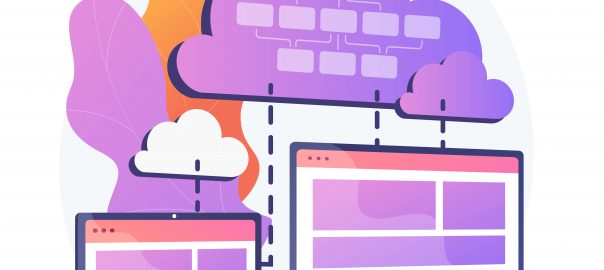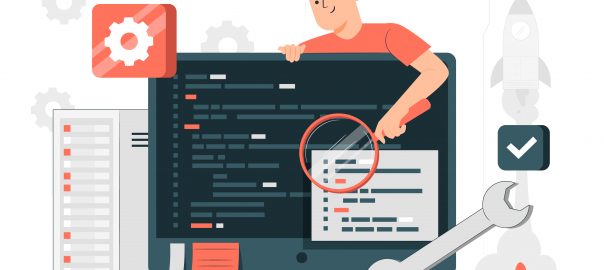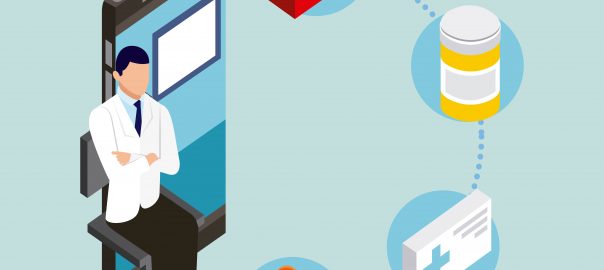The digital publishing landscape in 2024 is a dynamic ecosystem teeming with both opportunity and challenge. Readers have access to a seemingly infinite ocean of content, yet their attention spans are shorter than ever. Publishers, like skilled navigators, must chart a course through this ever-shifting sea to not only reach their audience but provide value that compels them to stay afloat.
This blog delves into the current state of digital publishing, outlining the key challenges publishers face in reaching and engaging readers. We’ll then explore how data analytics can be harnessed to overcome these hurdles, personalize advertising based on consumer preferences, and ultimately add significant value to your business.
The Current Landscape
The digital age has democratized content creation. Anyone with a computer and an internet connection can become a publisher. This has resulted in a content explosion, with new articles, videos, and podcasts popping up every minute. While this abundance offers a diverse range of voices and perspectives, it also creates a fierce competition for reader attention.
Publishers today are navigating a fast-paced, competitive landscape. Our digital publishing solutions are designed to streamline your operations and help you stay ahead, so you can focus on what really matters—creating great content.
Challenges Aplenty: Charting a Course Through the Digital Jungle
- Standing Out in the Crowd:
- With so much content available, making your content stand out is a constant struggle.
- Generic, low-quality pieces easily get lost in the digital noise.
- The Discoverability Dilemma:
- Even high-quality content can fail to reach its intended audience if it’s difficult to find.
- Search engine algorithms and social media platforms constantly evolve, making discoverability a moving target.
- The Print to Digital Transition:
- While digital subscriptions are on the rise, a significant portion of readers still rely on print media.
- Convincing these readers to transition to digital platforms requires a strategic and value-driven approach.
- The Ever-Shifting Sands of Business Models:
- Traditional advertising revenue streams are increasingly challenged by ad blockers and privacy concerns.
- Publishers need to explore and adopt innovative business models, such as subscriptions and data-driven advertising, to secure sustainable revenue.
- The Resource Crunch:
- Developing and maintaining a strong digital presence requires skilled personnel and cutting-edge technology.
- Attracting and retaining talent while staying at the forefront of technological change can be a significant hurdle.
- The Ethical AI Conundrum:
- Artificial intelligence (AI) is rapidly transforming the publishing landscape.
- However, concerns around data privacy and algorithmic bias necessitate a responsible approach to AI implementation.
Are you curious about how AI is transforming the publishing industry? Discover how innovative AI tools are streamlining workflows, boosting creativity, and reshaping the future of content creation: Leveraging AI in Publishing Industry
Harnessing Analytics for Success
In this digital deluge, data is a publisher’s most valuable asset. By collecting and analyzing data on reader behavior, preferences, and content consumption patterns, publishers can gain invaluable insights that can help them navigate the challenges mentioned above. Continue reading Data Analytics In Publishing For Advertising and Value Addition










